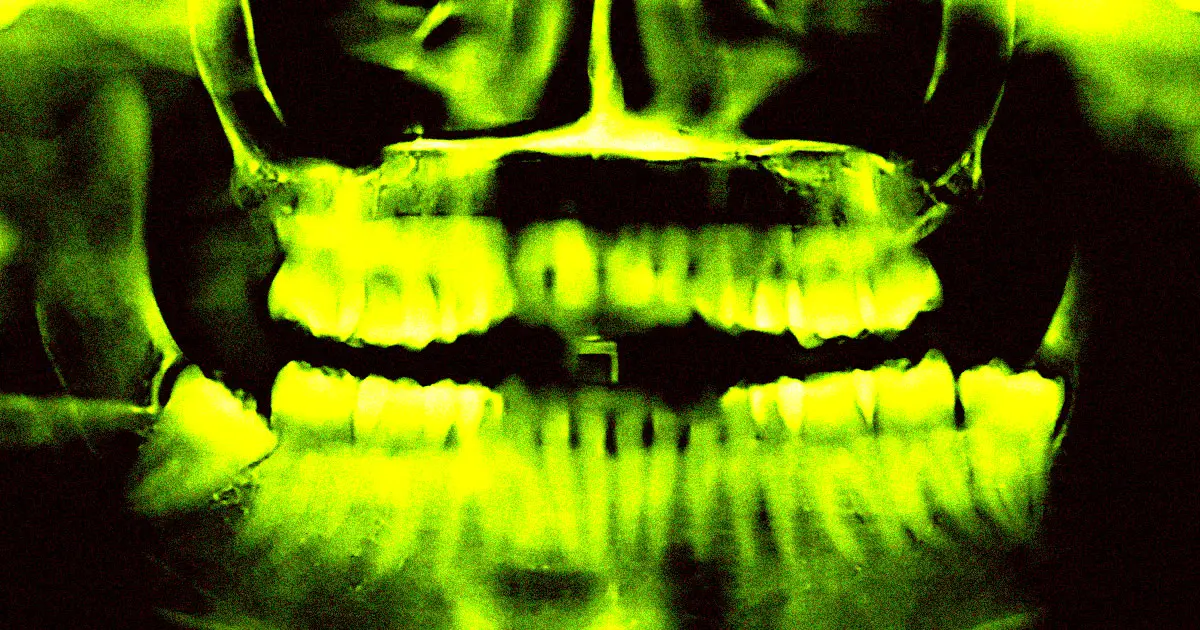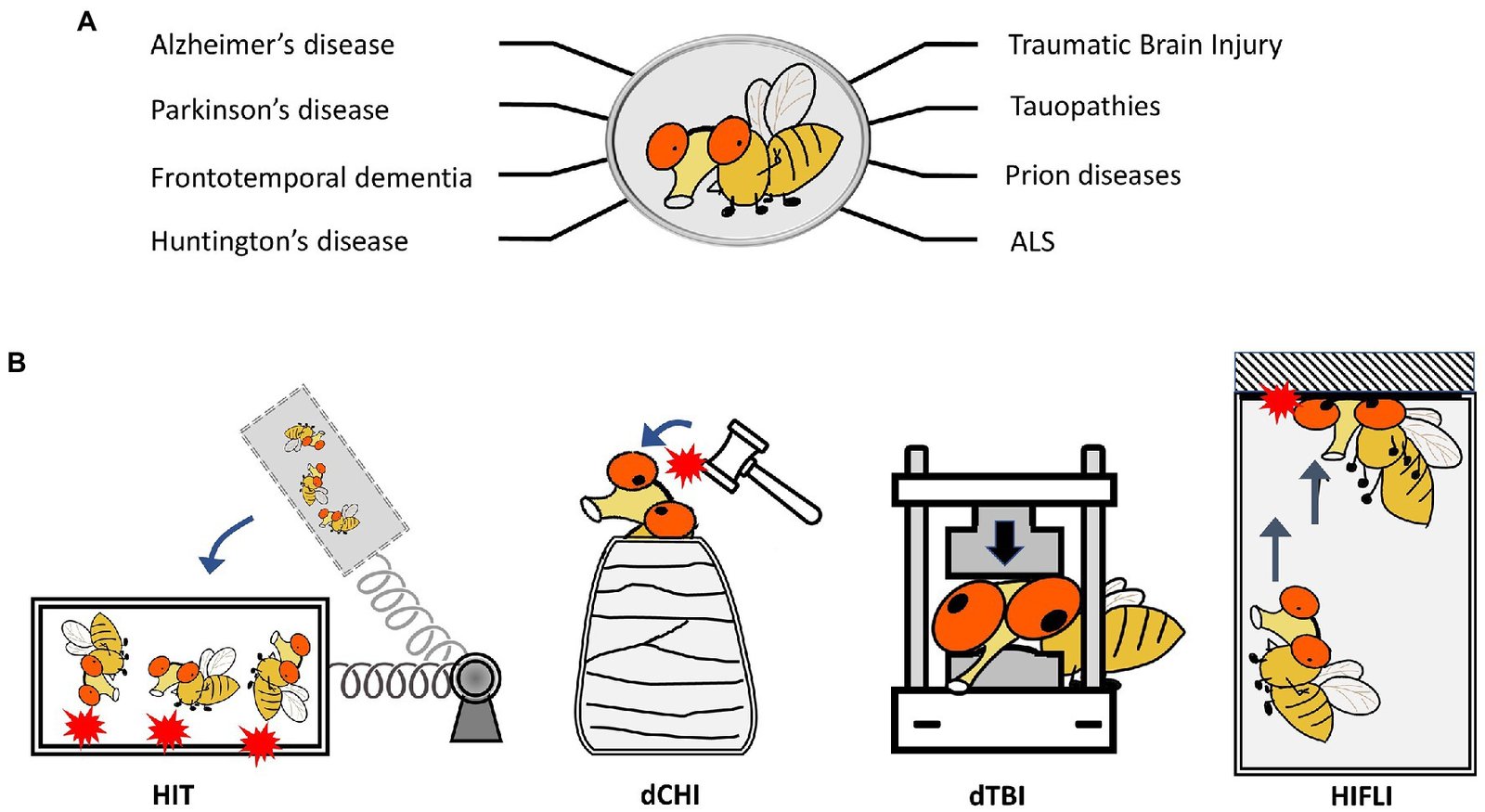Japanese researchers at Kyoto University Hospital have achieved a remarkable breakthrough with a new drug capable of regenerating teeth. Demonstrating highly promising results in ferrets and mice with minimal side effects, this innovative drug is now poised for human trials.
Starting in September, 30 men aged between 30 and 64, each with at least one missing molar, will participate in these pivotal trials. Administered intravenously, the drug’s effectiveness and safety will be closely monitored by medical professionals. If successful, this treatment could potentially be available to the public by 2030.
Functioning by inhibiting a protein that impedes tooth growth, the drug enables the development of new teeth. This development is particularly significant for individuals with congenital tooth deficiencies or those who have lost teeth due to various factors such as injury or decay.
The potential impact of this breakthrough is immense. It offers the prospect of eliminating the need for dentures, implants, or bridges, allowing individuals to naturally regrow their teeth. This not only simplifies dental care but also enhances quality of life and overall health.
Researchers at Kyoto University Hospital are enthusiastic about the transformative potential of this drug. They believe that its success in human trials could revolutionize dental care globally, making tooth loss a thing of the past.
This breakthrough not only represents a significant advancement in medical science but also holds promise for further discoveries in regenerative medicine. With anticipation focused on the upcoming human trials, there is hope that this groundbreaking drug will soon be accessible to all who require it.



